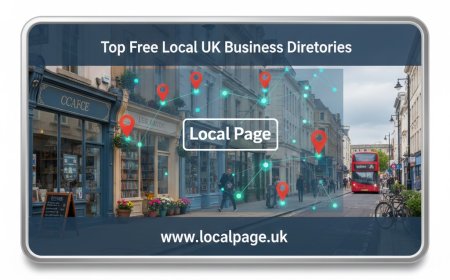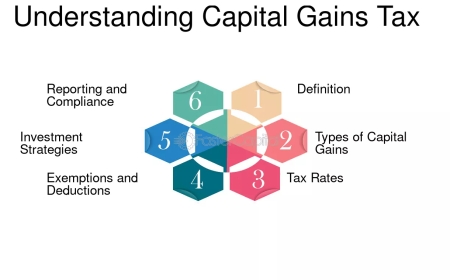Understanding Different Types of Mortgages
When it comes to purchasing a home, one of the most significant decisions you'll make is choosing the right type of mortgage. With numerous options available, it can be overwhelming to navigate the complex world of mortgages. In this article, we'll break down the different types of mortgages, their characteristics, and benefits, to help you make an informed decision.
First and foremost, it's essential to understand that mortgages can be broadly categorized into two main types: fixed-rate and adjustable-rate mortgages. A fixed-rate mortgage offers a fixed interest rate for the entire term of the loan, providing stability and predictability in your monthly payments. On the other hand, an adjustable-rate mortgage has an interest rate that can fluctuate periodically based on market conditions, potentially resulting in lower or higher monthly payments.
Within these two categories, there are various sub-types of mortgages, each with its unique features. For instance, a 15-year fixed-rate mortgage is ideal for those who want to pay off their loan quickly and save on interest payments. In contrast, a 30-year fixed-rate mortgage provides more flexibility with lower monthly payments, but at the cost of paying more interest over the life of the loan.
Adjustable-rate mortgages, on the other hand, can be beneficial for those who expect their income to increase in the future or plan to sell their property before the interest rate adjusts. However, they can also be riskier, as the interest rate can increase significantly, leading to higher monthly payments.
Another type of mortgage is the government-backed mortgage, which is insured by government agencies such as the Federal Housing Administration (FHA) or the Department of Veterans Affairs (VA). These mortgages offer more lenient credit score requirements and lower down payment options, making them an attractive choice for first-time homebuyers or those with lower credit scores.
Jumbo mortgages are another type of loan that caters to high-end borrowers who require larger loan amounts. These mortgages often come with stricter credit score requirements and higher interest rates, but can be beneficial for those who need to finance a luxury property.
Interest-only mortgages are another option that allows borrowers to pay only the interest on the loan for a specified period, typically 5-10 years. This can be beneficial for those who expect their income to increase in the future or need to manage their cash flow. However, it's essential to understand that the monthly payments will increase significantly once the interest-only period ends.
Finally, it's worth mentioning that there are also specialized mortgages, such as reverse mortgages, which are designed for seniors who want to tap into their home equity. These mortgages can provide a steady income stream, but come with complex rules and regulations.
In conclusion, understanding the different types of mortgages available is crucial when choosing a home loan. By considering your financial situation, credit score, and long-term goals, you can select the most suitable mortgage type that meets your needs. Whether you're a first-time homebuyer or an experienced borrower, it's essential to carefully evaluate your options and consult with a mortgage expert to make an informed decision.
To further illustrate the differences between these mortgage types, let's consider a few examples. For instance, a young couple purchasing their first home may opt for an FHA mortgage with a lower down payment requirement. In contrast, a seasoned investor may choose a jumbo mortgage to finance a luxury property.
Additionally, it's essential to consider the current market conditions and interest rate trends when selecting a mortgage. For example, if interest rates are expected to rise, a fixed-rate mortgage may be a more attractive option. On the other hand, if interest rates are low, an adjustable-rate mortgage may be more beneficial.
Ultimately, the key to choosing the right mortgage is to carefully evaluate your financial situation, consider your long-term goals, and consult with a mortgage expert. By doing so, you can make an informed decision and select a mortgage that meets your needs and helps you achieve your dream of homeownership.



















